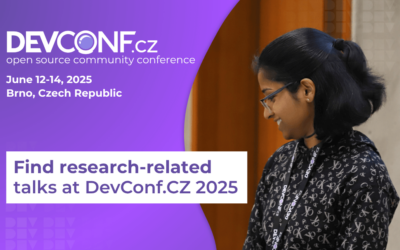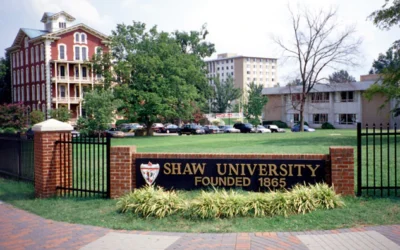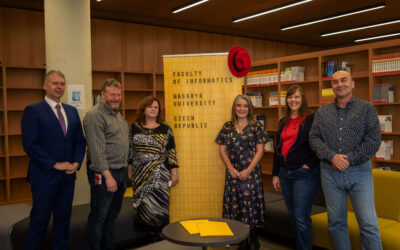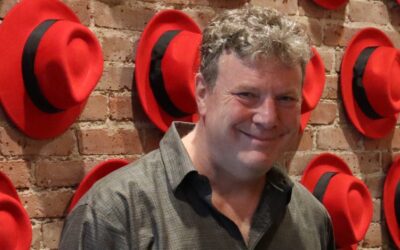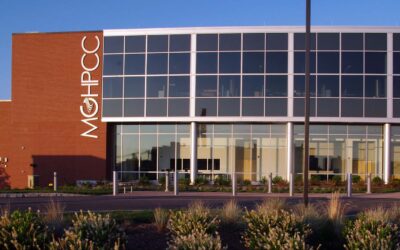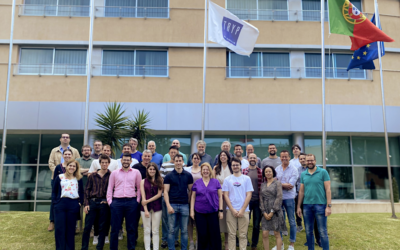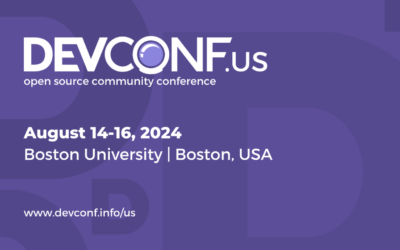
Reviews are in for Langdon White and Bandan Das’ first-ever virtual software engineering course at Boston University : Online classes work.
This semester-long course which was first taught in the spring of 2020 became a bellwether for the potential of virtual instruction as the global pandemic made in-person gathering impossible. Langdon and Bandan (industry software veterans at Red Hat) say they missed the quick feedback loop made available by in-person interaction, but were greatly pleased by the level of interest shown by the students.
The software engineering course, which focused on industry best practices as opposed to the syntactical structure of programming languages, was meant to ensure that students got an unadulterated view of what they need to know when they start an internship or career in software engineering. In any case, languages are secondary to being a good problem solver. Some concepts introduced in this class include source control, pull requests, open source, containerization, virtualization, and agile vs. waterfall development methods.
“I’m convinced that with this knowledge, students will be prepared to show up on the first day of their software engineering careers and be successful,” said Bandan.
During the course of the semester, Bandan and Langdon invited several guest speakers to discuss specialized engineering roles such as quality and performance. The duo is now encouraging more engineers to volunteer their time to teaching courses because the classroom experience exposes engineers to how different people use software. This insight gathered from the classrooms is valuable in creating more inclusive software applications.
Judging by the success of their spring semester class, Bandan and Langdon will be teaching this class again in the fall. The two engineers are inspired to do even more work with students because they desire a deeper understanding of software engineering to effectively communicate with the students.
To teach, you’ve got to learn it so much better.
-Langdon White, Principal Technical Marketing Manager, Red Hat
Through the Boston University Red Hat collaboratory, Red Hat engineers have deep proximity to faculty, program staff, and students. This access facilitates identification and pursuit of valuable opportunities such as teaching courses. For those interested in teaching a class at BU, please take a look at this syllabus and build something similar, focusing, primarily, on what you intend the students to learn and the “learning outcomes.” Once you have a draft, contact Langdon or Bandan and they can help you find an appropriate place to propose the class.
There are also opportunities to get involved with classes at UMass Lowell and other universities we work with (including internationally in Brno, UK…) If you are interested in either being a guest lecturer or teaching a class let us know here.
